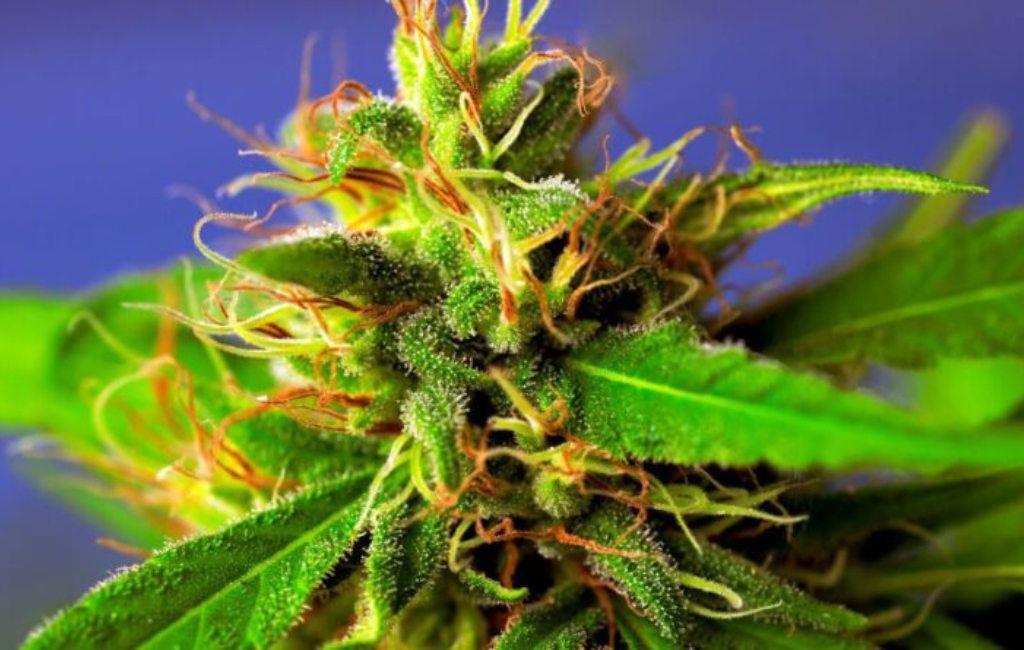THCa Flower vs. CBD: A Comparison of Benefits
As the cannabis industry continues to evolve, consumers are presented with a variety of products that offer different benefits. Two such products are THCa flower and CBD. Understanding the differences between these two can help individuals make informed decisions about which might be more suitable for their needs.
Understanding THCa Flower
THCa, or tetrahydrocannabinolic acid, is a non-psychoactive cannabinoid found in raw and live cannabis. Unlike THC, THCa does not produce a high when consumed. It is only when THCa is heated through smoking, vaping, or cooking that it converts to THC, the psychoactive compound.
Potential Benefits of THCa
Research into THCa is still in its early stages, but preliminary studies and anecdotal evidence suggest several potential benefits:
- Anti-inflammatory Properties: THCa may help reduce inflammation, making it potentially useful for conditions like arthritis.
- Neuroprotective Effects: Some studies suggest that THCa could protect brain cells, which might be beneficial for neurodegenerative diseases.
- Anti-emetic Properties: THCa has shown promise in reducing nausea and vomiting, which could be helpful for chemotherapy patients.
Case Studies and Research
A study published in the British Journal of Pharmacology highlighted THCa’s potential in reducing inflammation and pain in animal models. Another research article in the Journal of Clinical Investigation discussed THCa’s neuroprotective properties, suggesting its potential in treating conditions like Parkinson’s disease.
Understanding CBD
CBD, or cannabidiol, is another non-psychoactive cannabinoid found in cannabis. Unlike THCa, CBD does not convert to a psychoactive compound when heated. It has gained significant popularity for its wide range of potential health benefits.
Potential Benefits of CBD
CBD has been extensively studied, and its benefits are well-documented:
- Anxiety and Stress Relief: CBD is known for its calming effects, which can help reduce anxiety and stress.
- Pain Management: CBD has analgesic properties that can help manage chronic pain conditions.
- Anti-seizure Properties: CBD is effective in reducing the frequency and severity of seizures, particularly in conditions like epilepsy.
Case Studies and Research
The New England Journal of Medicine published a study showing that CBD significantly reduced seizure frequency in patients with Dravet syndrome, a severe form of epilepsy. Another study in the Journal of Psychopharmacology found that CBD could reduce anxiety in individuals with social anxiety disorder.
Comparing THCa Flower and CBD
When comparing THCa flower and CBD, several factors come into play, including their effects, benefits, and potential uses.
Effects and Psychoactivity
THCa is non-psychoactive in its raw form but converts to THC when heated, leading to psychoactive effects. CBD, on the other hand, remains non-psychoactive regardless of how it is consumed.
Medical Applications
Both THCa and CBD offer unique medical benefits. THCa’s anti-inflammatory and neuroprotective properties make it suitable for conditions like arthritis and neurodegenerative diseases. CBD’s wide range of benefits, including anxiety relief and pain management, make it a versatile option for various health issues.
Legal Status
The legal status of THCa and CBD varies by region. In many places, CBD is legal and widely available, while THCa’s legality can be more complex due to its potential to convert to THC.
Consumer Preferences and Usage
Consumer preferences often depend on the desired effects and benefits. Some individuals may prefer THCa flower for its potential anti-inflammatory and neuroprotective effects, while others might opt for CBD for its well-documented benefits in anxiety relief and pain management.
Forms of Consumption
THCa flower is typically consumed by smoking or vaping, which converts it to THC. CBD is available in various forms, including oils, edibles, and topicals, providing more flexibility in consumption methods.
Side Effects
Both THCa and CBD are generally well-tolerated, but they can have side effects. THCa, when converted to THC, can cause psychoactive effects such as euphoria and altered perception. CBD’s side effects are usually mild and may include drowsiness and dry mouth.
Conclusion
THCa flower and CBD each offer unique benefits that cater to different needs. THCa’s potential anti-inflammatory and neuroprotective properties make it a promising option for specific medical conditions. CBD’s extensive research-backed benefits, including anxiety relief and pain management, make it a versatile and popular choice. Understanding these differences can help consumers make informed decisions about which product might be more suitable for their individual needs.
